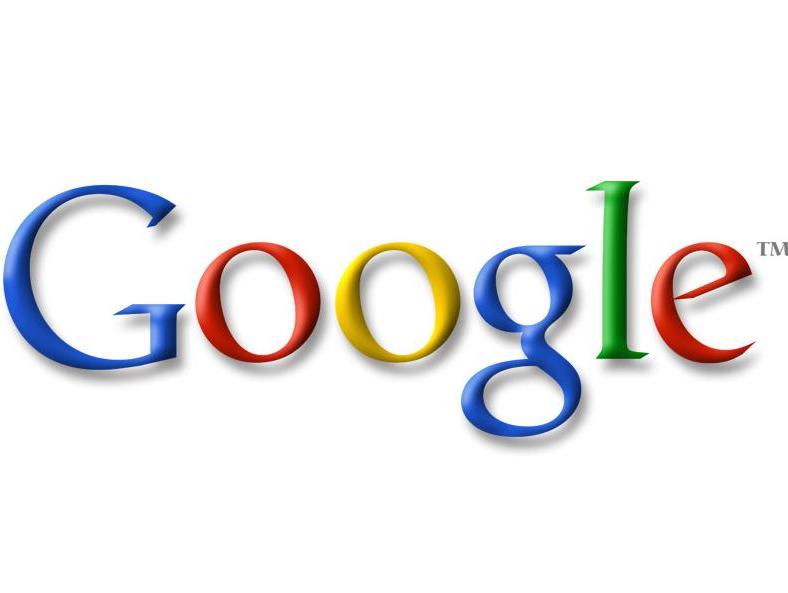How search engines are getting smarter
Google and Microsoft reveal how search is evolving

The world of search is changing, and changing fast.
The days of people typing a couple of words into a search box and hoping for the best are numbered.
Companies big and small are moving things forward, experimenting with searches based on complex sentences, images and audio, mashing up mobile search with location data, and aiming to make results more useful than the traditional list of blue links.
One approach is to show results in a more visual style. Viewzi, for example, has a number of options, including viewing results from Flickr as a photo thumbnail cloud; viewing thumbnails of web pages found by Google, Ask, Yahoo and Live Search on one page; and viewing news results from Google News in the style of a newspaper front page. Seachme, which recently raised $31 million in funding, also presents its results as a series of web screenshots, mimicking the iTunes Cover Flow look.
For books, zoomii.com uses the Amazon search API but presents the search results as book cover thumbnails. Amazon must have liked the idea as it launched its own version, Amazon Windowshop – though this doesn't have a search option, and only lets you browse Amazon's new releases and popular content.
PicClick throws eBay into the mix. To use PicClick, enter a search term, your minimum and maximum price, and your (US) postcode. PicClick then scours Amazon or eBay and returns a list of thumbnail images. Briteclick, meanwhile, takes a different approach: it's a browser add-on that lets you right-click words on the web page to perform searches for maps and prices, so there's no need to leave the page you're on when you want to search for related sites.
Firefox, too, lets users right-click a word on a page and search for it in Google, while the extension Advanced Dork adds a contextual right-click search that lets you highlight a keyword and search Google using advanced operators, such as intitle and inurl. And of course, you can already search in-browser via the search box in the top right-hand window of Firefox and Internet Explorer.
Sign up for breaking news, reviews, opinion, top tech deals, and more.
None of these services are really changing the way we search: they're merely changing where we search from or the way the information is presented. But there are also moves afoot to fundamentally change the results – to make them more relevant to the intention behind the search.
Structured search
It's currently hard to make searches that consist of more than one or two variables. 'Cheap holidays' is easy, but 'One-week break on a warm island that takes less than three hours to fly to and will cost less than £1,000' is pretty much impossible without a lot of hitting the back button to refine your query.
This needs to change, Juergen Galler, director of product management at Google, tells us. "It should be easier for users to define something like 'I would like to go to an island with good weather, and my budget is this, and I want to fly less than two hours'," he says. "You can apply this to other categories, so if you're looking for a job, a new car, a new apartment, you have many more research-based queries where you need to drill down."
It's ironic that we should be considering a move towards longer search strings, says Paul Stoddart, senior product manager at Microsoft Live Search: "If you go back to the beginning of search where people like Ask Jeeves were asking us to put in long queries and it would find you the answer, it just couldn't do it. Google came along and said 'Actually, just put in one or two words and we'll get you close, and then refine it a bit further and we'll get you closer'. So we've trained people not to use structured search queries. People will have to change their behaviour for search engines to really build upon that.
"At the moment, we're reacting to how people are searching – and most people just put in one or two words. Our job is to try to figure out how we can get the best results based on the searches people are doing and if people change their behaviour and start putting in 20 words then the algorithm will pick up on that and start training itself in that respect."
It won't be a quick and easy task, adds Stoddart: the more words entered into a search query, the harder it is for the search algorithm to return the best results. "But users should definitely experiment with search engines and what they're putting in. We tend to think of something and then dumb it down to put into a search engine: maybe it's time to start thinking about not doing that."
After watching War Games and Tron more times that is healthy, Paul (Twitter, Google+) took his first steps online via a BBC Micro and acoustic coupler back in 1985, and has been finding excuses to spend the day online ever since. This includes roles editing .net magazine, launching the Official Windows Magazine, and now as Global EiC of TechRadar.